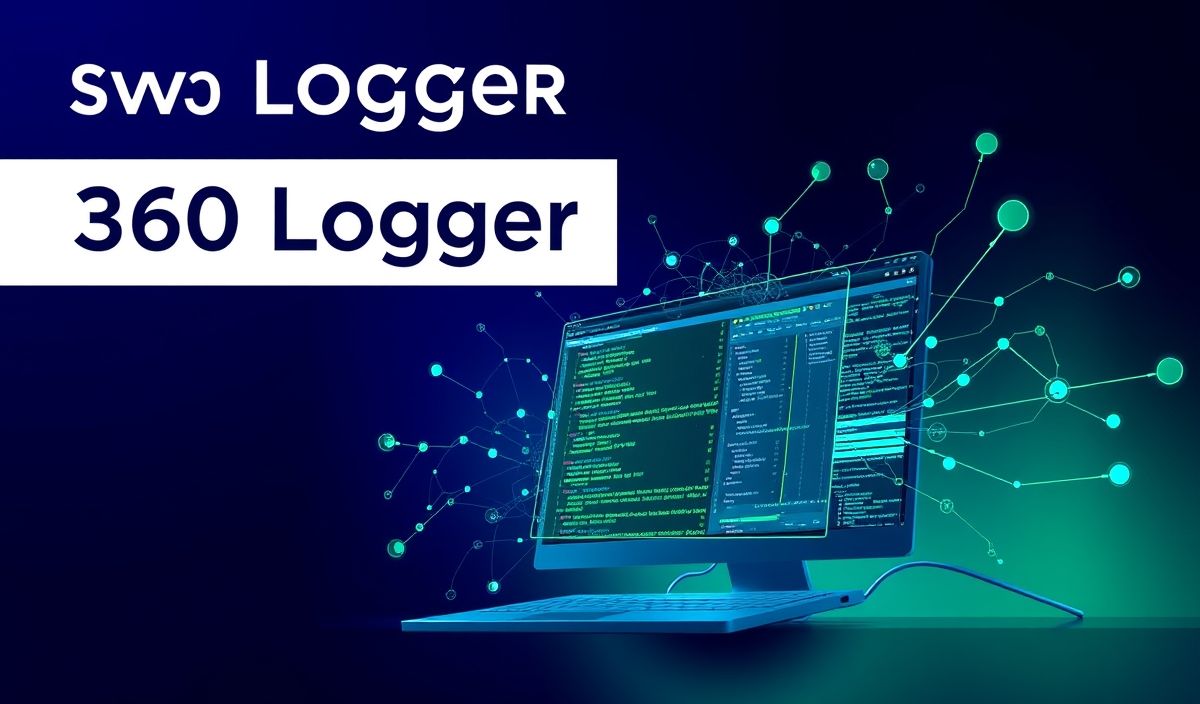Introduction to node-opcua
Node-OPCUA is a Node.js library for creating OPC UA clients and servers. OPC UA (Open Platform Communications Unified Architecture) is a machine-to-machine communication protocol for industrial automation developed by the OPC Foundation. This library provides a set of APIs to facilitate communication between industrial hardware and software systems.
Getting Started
First, install the node-opcua library:
npm install node-opcua
Creating an OPC UA Server
Here is a basic example of creating an OPC UA server:
const opcua = require("node-opcua");
const server = new opcua.OPCUAServer({
port: 4840,
resourcePath: "/UA/MyLittleServer"
});
async function post_initialize() {
const addressSpace = server.engine.addressSpace;
const namespace = addressSpace.getOwnNamespace();
const myDevice = namespace.addObject({
organizedBy: addressSpace.rootFolder.objects,
browseName: "MyDevice"
});
namespace.addVariable({
componentOf: myDevice,
browseName: "MyVariable",
dataType: "Double",
value: {
get: () => new opcua.Variant({dataType: opcua.DataType.Double, value: Math.random()})
}
});
}
server.initialize(post_initialize);
server.start(() => {
console.log("Server is now listening...");
console.log("Port:", server.endpoints[0].port);
});
Creating an OPC UA Client
Here is a basic example of creating an OPC UA client:
const opcua = require("node-opcua");
const client = opcua.OPCUAClient.create({
endpoint_must_exist: false
});
const endpointUrl = "opc.tcp://localhost:4840/UA/MyLittleServer";
async function main() {
try {
await client.connect(endpointUrl);
console.log("Client connected!");
const session = await client.createSession();
console.log("Session created!");
const browseResult = await session.browse("RootFolder");
console.log("Browse Result:");
console.log(browseResult);
await session.close();
console.log("Session closed!");
await client.disconnect();
console.log("Client disconnected!");
} catch(err) {
console.log("Error:", err);
}
}
main();
Monitoring Nodes
Monitoring a node in an OPC UA server:
const opcua = require("node-opcua");
const client = opcua.OPCUAClient.create({});
const endpointUrl = "opc.tcp://localhost:4840";
async function main() {
await client.connect(endpointUrl);
const session = await client.createSession();
const subscription = opcua.ClientSubscription.create(session, {
requestedPublishingInterval: 1000,
requestedLifetimeCount: 100,
requestedMaxKeepAliveCount: 10,
maxNotificationsPerPublish: 10,
publishingEnabled: true,
priority: 10
});
subscription.on("started", () => {
console.log("Subscription started - ID:", subscription.subscriptionId);
}).on("keepalive", () => {
console.log("keepalive");
}).on("terminated", () => {
console.log("terminated");
});
const monitoredItem = subscription.monitor({
nodeId: opcua.resolveNodeId("ns=1;s=MyDevice.MyVariable"),
attributeId: opcua.AttributeIds.Value
}, {
samplingInterval: 100,
discardOldest: true,
queueSize: 10
}, opcua.TimestampsToReturn.Both);
monitoredItem.on("changed", (dataValue) => {
console.log("New Value:", dataValue.value.value);
});
setTimeout(async () => {
await subscription.terminate();
await session.close();
await client.disconnect();
console.log("Done!");
}, 10000);
}
main();
Complete App Example
A complete application example combining server and client with monitoring:
const opcua = require("node-opcua");
// Server Setup
const server = new opcua.OPCUAServer({
port: 4840,
resourcePath: "/UA/MyOPAUServer"
});
server.initialize(() => {
const addressSpace = server.engine.addressSpace;
const namespace = addressSpace.getOwnNamespace();
const myDevice = namespace.addObject({
organizedBy: addressSpace.rootFolder.objects,
browseName: "MyDevice"
});
namespace.addVariable({
componentOf: myDevice,
browseName: "MyVariable",
dataType: "Double",
value: {
get: () => new opcua.Variant({dataType: opcua.DataType.Double, value: Math.random() * 100})
}
});
server.start(() => {
console.log("Server is now listening on port", server.endpoints[0].port);
});
});
// Client Setup
const client = opcua.OPCUAClient.create({});
const endpointUrl = "opc.tcp://localhost:4840/UA/MyOPAUServer";
async function monitorValue() {
await client.connect(endpointUrl);
const session = await client.createSession();
const subscription = opcua.ClientSubscription.create(session, {
requestedPublishingInterval: 1000,
requestedLifetimeCount: 100,
requestedMaxKeepAliveCount: 10,
maxNotificationsPerPublish: 10,
publishingEnabled: true,
priority: 10
});
subscription.on("started", () => {
console.log("Subscription started - ID:", subscription.subscriptionId);
});
const monitoredItem = subscription.monitor({
nodeId: opcua.resolveNodeId("ns=1;s=MyDevice.MyVariable"),
attributeId: opcua.AttributeIds.Value
}, {
samplingInterval: 100,
discardOldest: true,
queueSize: 10
}, opcua.TimestampsToReturn.Both);
monitoredItem.on("changed", (dataValue) => {
console.log("New monitored value = ", dataValue.value.value);
});
setTimeout(async () => {
await subscription.terminate();
await session.close();
await client.disconnect();
console.log("Client disconnected");
}, 10000);
}
monitorValue();
By leveraging the node-opcua library, developers can create robust industrial automation applications with ease.
Hash: 5028175436a99b032184a343bca6b0ecea82763737096c2b030cfdf99753bee5




